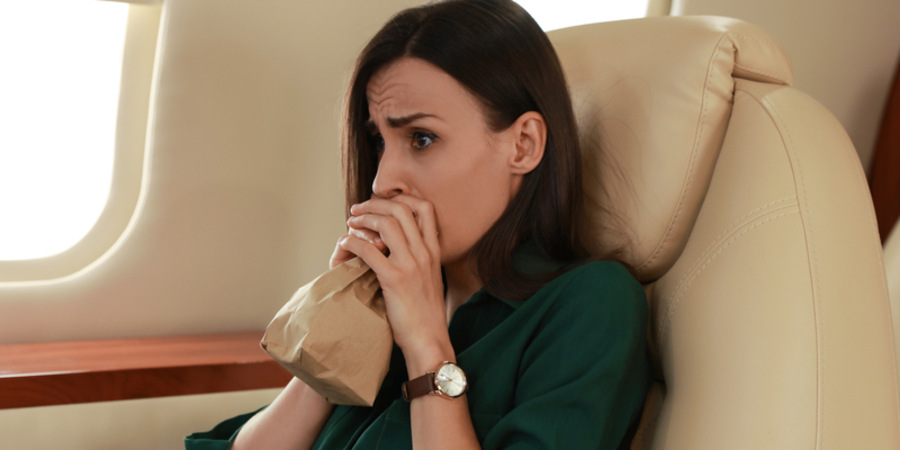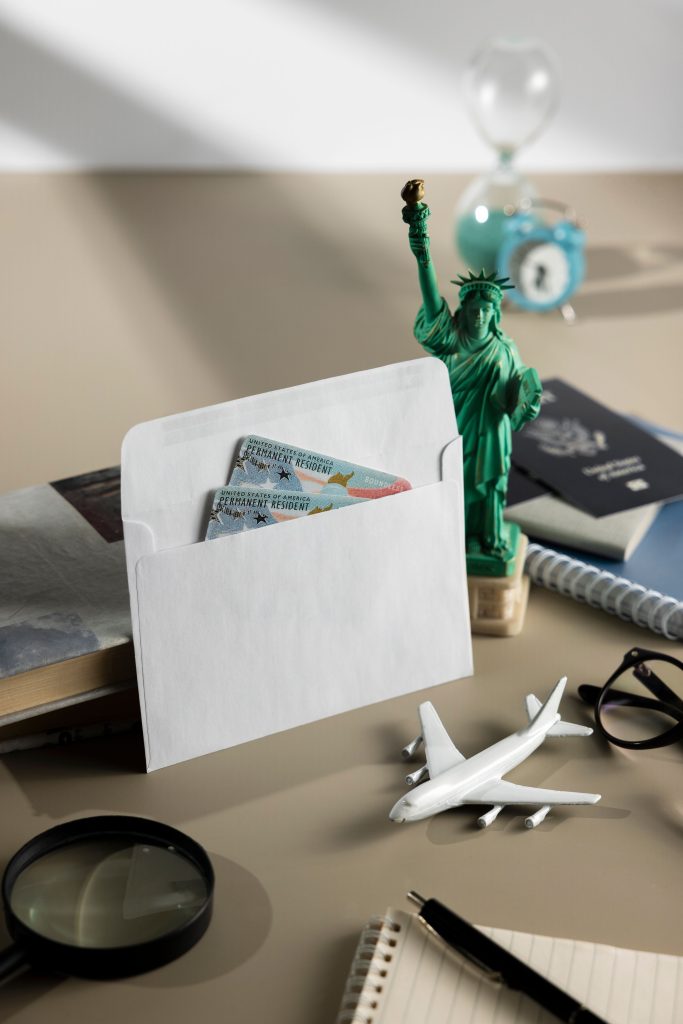Understanding and Overcoming the Fear of Flying
Air travel is one of the most efficient ways to connect people across the globe. Yet for many, just the idea of flying can trigger deep anxiety or even panic attacks. This condition—commonly known as aviophobia or aerophobia—affects millions worldwide, ranging from mild unease to intense fear.
Whether you’re an adventurous traveler or someone who avoids boarding planes altogether, this blog will help you understand the fear of flying, its causes, and how to manage it effectively.
What Is Fear of Flying?

Fear of flying, or aerophobia, is an intense fear or anxiety associated with air travel. This fear may arise during takeoff, turbulence, landing, or even from simply being confined inside an aircraft. Interestingly, many who suffer from aerophobia aren’t afraid of a plane crash, but rather the overwhelming anxiety they experience while flying.
Common Triggers Behind Flying Anxiety
In most cases, aerophobia doesn’t stem from a traumatic flight. Instead, it’s often linked to:
- News reports about aviation accidents or hijackings
- Takeoff and landing sensations
- Turbulence or mechanical noises mid-flight
- Thoughts of being in an enclosed space without control
- Fears related to fires, diseases, or general emergencies
How Common Is Fear of Flying?
Aerophobia is more common than you might think. Nearly 1 in 6 people report experiencing a serious fear of flying, and 1 in 5 frequent flyers use alcohol or medication to cope during flights.
8 Effective Ways to Overcome Fear of Flying
1. Understand Turbulence
Turbulence is simply irregular air movement, much like bumps on a road. Modern planes are engineered to handle it, with wings that flex to absorb the movement. Thanks to advanced technology, pilots can now detect and avoid many turbulence zones, providing a smoother ride.
2. Familiarize Yourself with Safety Features
Planes may seem complex, but knowing how they work—and how well they’re built—can reduce your fear. Understanding the aircraft’s safety mechanisms and emergency procedures can offer peace of mind.
3. Learn from Air Travel History
It may sound counterintuitive, but watching documentaries like Mayday: Air Disasters can be reassuring. They often showcase how aviation safety has improved dramatically through lessons learned from past incidents.
4. Talk to the Cabin Crew
Flight attendants are highly trained professionals who undergo regular safety training. Engaging with them can help you feel supported and safe during your journey.
5. Take a Flight Simulation Course
Enrolling in a flight simulation or introductory flying class can help you demystify the experience. By understanding how planes operate, you can build confidence and reduce fear.
6. Choose the Right Seat
Your seat selection can impact your anxiety levels. Window seats are better if you like to see what’s going on, while aisle seats offer more mobility. Avoid window seats if you fear heights, and consider premium classes if claustrophobia is an issue.
7. Find Healthy Distractions
Books, movies, music, and podcasts can help shift your focus away from flying. Just be mindful to avoid content related to plane crashes or air disasters if it might worsen your anxiety.
8. Face Your Fear
Avoidance makes fear grow stronger. Gradual exposure to flying—starting with short trips—can help you build tolerance. Like most phobias, consistent exposure can help retrain your brain to respond with less fear.
Conclusion
Flying can be stressful, but understanding your triggers and actively working to manage them can make all the difference. While it’s okay to feel nervous before a flight, implementing these tips can help reduce anxiety and make your travel experience more comfortable.
Remember, overcoming the fear of flying is a journey in itself—take it one flight at a time.
Fear of Flying FAQs
How common is fear of flying?
Around 25% of people report experiencing some level of flight-related anxiety.
What are the symptoms of aerophobia?
Symptoms include sweating, shaking, rapid heartbeat, shortness of breath, nausea, and a sense of dread.
Can fear of flying be treated?
Yes. Therapy, relaxation techniques, exposure therapy, and sometimes medication can help manage or even eliminate the fear.
What causes someone to fear flying?
It can stem from various factors like past trauma, fear of heights or confined spaces, or media reports of aviation mishaps.


